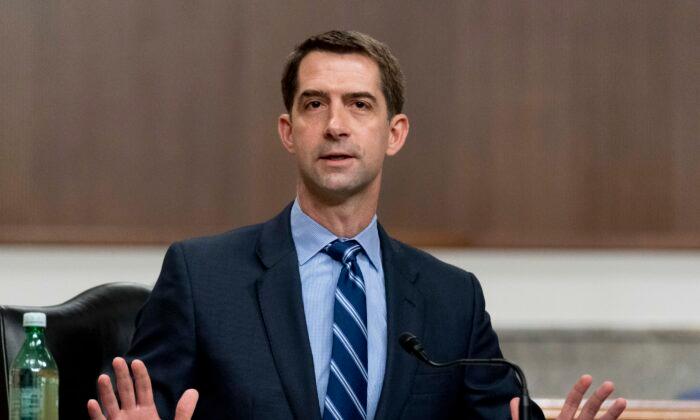“I think it’s more likely we’re going to end up—well, if we end up in a war, a real shooting war with a major power, it’s going to be as a consequence of a cyber breach of great consequence,” Biden continued.
That “major power” is, of course, China.
What Does China Want?
When it comes to all-out technological warfare, as cybersecurity expert Nicole Perlroth has noted, the Chinese regime has become increasingly sophisticated. The most recent attacks reflected a sophistication that, in the past, was sorely lacking.As Perlroth writes, “they [the attacks] reveal that China has transformed into a far more sophisticated and mature digital adversary than the one that flummoxed U.S. officials a decade ago.” The Chinese regime, once known (and ridiculed) for conducting “relatively unsophisticated hacks of foreign companies, think tanks, and government agencies,” is displaying a more refined approach to cyber warfare. Long gone are the days of sloppy “spearphishing emails,” Perlroth writes.
Today, the regime is “perpetrating stealthy, decentralized digital assaults of American companies and interests around the world.” The units of the People’s Liberation Army (PLA) once responsible for the sloppy emails have been replaced by “an elite satellite network of contractors at front companies and universities that work at the direction of China’s Ministry of State Security.”
By 2018, with Donald Trump then in office, as Perlroth writes, U.S. intelligence officials had noted a profound “shift.” The cyberattacks had become even more sophisticated in nature, and the hackers now worked “at the behest of the Ministry of State Security,” a branch of the government known for handling intelligence and security issues. The new recruits included “engineers who worked for some of the country’s leading technology companies.”
Perlroth wonders whether these new recruits were moonlighting for the state, or if they had little option but to do “whatever the state asked” of them. The question is a rather redundant one to ask. Whether or not they were recruited fairly is beside the point. These experts have proved to be highly effective.
With the regime’s desire to become a dominant cyber power, expect the attacks to continue. The stealing of intellectual property, something the Chinese regime excels at, will play a significant role in advancing China’s cyber capabilities. Which brings us back to Goldman’s question: Will cyber conflict result in physical conflict?
While we can’t answer this question definitively, the United States and its allies must address the Chinese threat with more than just strong language. In the not-so-distant future, the prospect of physical conflict, be it in the Indo-Pacific region or elsewhere, may very well become a brutal reality.





